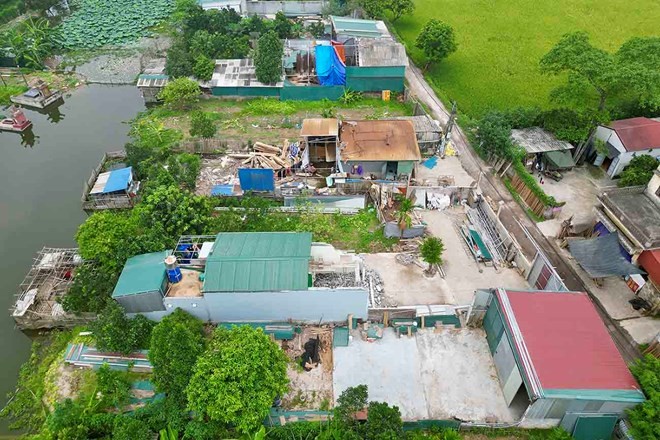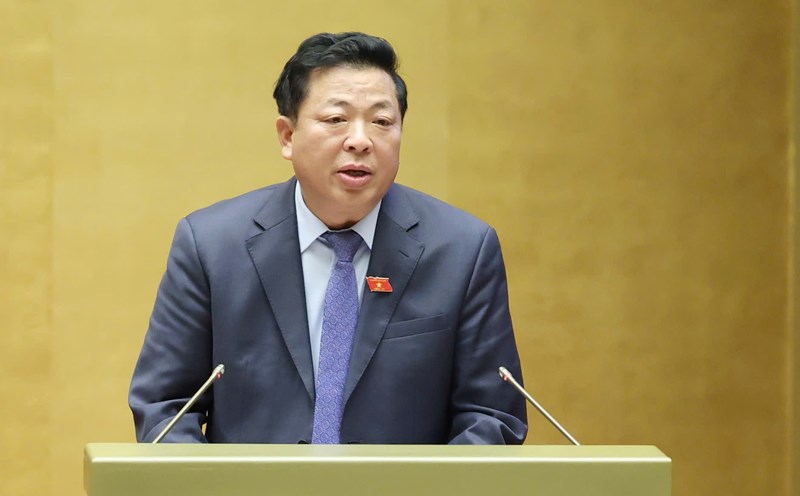The Government has just issued Decree 151/2025/ND-CP on the division of land management authority between local authorities at two levels.
Accordingly, from July 1, 2025, the People's Committees at the commune level and the Chairman of the People's Committees at the commune level will be assigned to perform a series of tasks and powers in the field of land, which was previously under the district level.
Before July 1, 2025, these powers belonged to the People's Committees at the district or provincial levels, depending on the scale and land users.
Many real estate experts believe that decentralization to commune-level authorities in land management is an important step in administrative reform, contributing to increasing responsibility and operational efficiency at the grassroots level.
However, there needs to be a strict monitoring mechanism, avoiding abuse of power and ensuring transparency in implementation.
According to Professor Dang Hung Vo - former Deputy Minister of Natural Resources and Environment, the transition to a two-level local government model creates many changes from land management authority to procedures for resolving land-related issues.
According to Mr. Dang Hung Vo, when the district level is abolished, the authority for land management will be directly delegated to the commune level. Previously, there were two levels of direct management: the province and the district, while the commune level only carried out the task of being responsible for reviewing the right and wrongdoings against the law.
When the district and commune levels are abolished, they will have to take on more responsibility in land management, instead of just supervising as before. Experts say that it is necessary to enhance the capacity and responsibility of commune-level cadres to meet new requirements.

In an interview with Lao Dong, Dr. Tran Xuan Luong - Deputy Director of the Vietnam Institute for Real Estate Market Research and Evaluation - said that the transition to a two-level local government model, with stronger decentralization to the commune level is a step of extensive institutional reform, in line with the Central Government's policy on administrative innovation.
Dr. Tran Xuan Luong analyzed that it is completely appropriate to assign some land management authority to local authorities, specifically the commune level. However, the nature of the problem is not only whether there is decentralization or not, but how to decentralize and control.
Dr. Tran Xuan Luong said that in the context of merging administrative units, transferring some land management authorities from the district level to the commune level will be feasible if accompanied by conditions on human resources, technology and finance.
But international experience shows that decentralization without accompanying capacity can easily lead to overload, abuse of power or even negativity. Therefore, in addition to decentralization, it is necessary to come with support tools such as data digitalization, process standardization and in-depth professional training for commune-level cadres - Dr. Tran Xuan Luong said.











